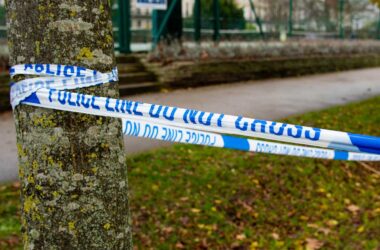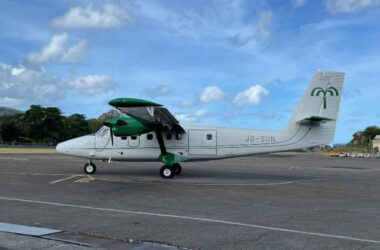THE Forestry Division, of the Department of Agriculture, Fisheries, Natural Resources and Co-operatives, is outraged over the recent spate of incidents involving the killing of protected wildlife in various parts of the island.
On Wednesday 27th January, 2021 the Forestry Division was notified of videos of a dead adult Saint Lucia Boa (Boa constrictor orophias) or locally known as “Tete Chyenn” circulating on social media. It was alleged that this Saint Lucia boa was found in the community of Gaya Bois, Saltibus and killed by a resident of the area. The boa was then taken to Parc Estate, Saltibus where another individual dissected, gutted and skinned the boa.
In recent past, there has been a number of reports of wildlife offenses in different areas of the island where wildlife have been indiscriminately killed or poached. This situation is a cause for concern and must be discontinued!
The Forestry Division would like to warn members of the public that it is “illegal” to kill protected wildlife, as stipulated in the Wildlife Protection Act. Section 14 which states: “Except by authority of a license or permit issued under section 10, a person commits an offence who –
a) hunts or take any protected wildlife or the eggs, fry or young thereof;
b) damages or destroys the nest, fry or young of any protected wildlife;”
The Saint Lucia boa is listed under Schedule One of the Wildlife Protection Act, and as such, killing of that boa, which is now circulating on social media, is a violation of the Wildlife Protection Act.
Members of the public are reminded that wildlife species such as birds, the Saint Lucia boa (Tet Chyenn), Saint Lucia iguana (Léza), and the agouti among others are all fully protected wildlife under the Act and should not be killed or hunted.
Any person who commits an offence under the Wildlife Protection Act is liable on summary conviction to a fine not exceeding $5,000 or to a term of imprisonment not exceeding 12 months.
Our native wildlife form part of our country’s natural heritage and play an essential role in the proper functioning and conditioning of our natural environment and ecosystems. And so, members of the public are urged to desist from committing those acts against our native wildlife.













